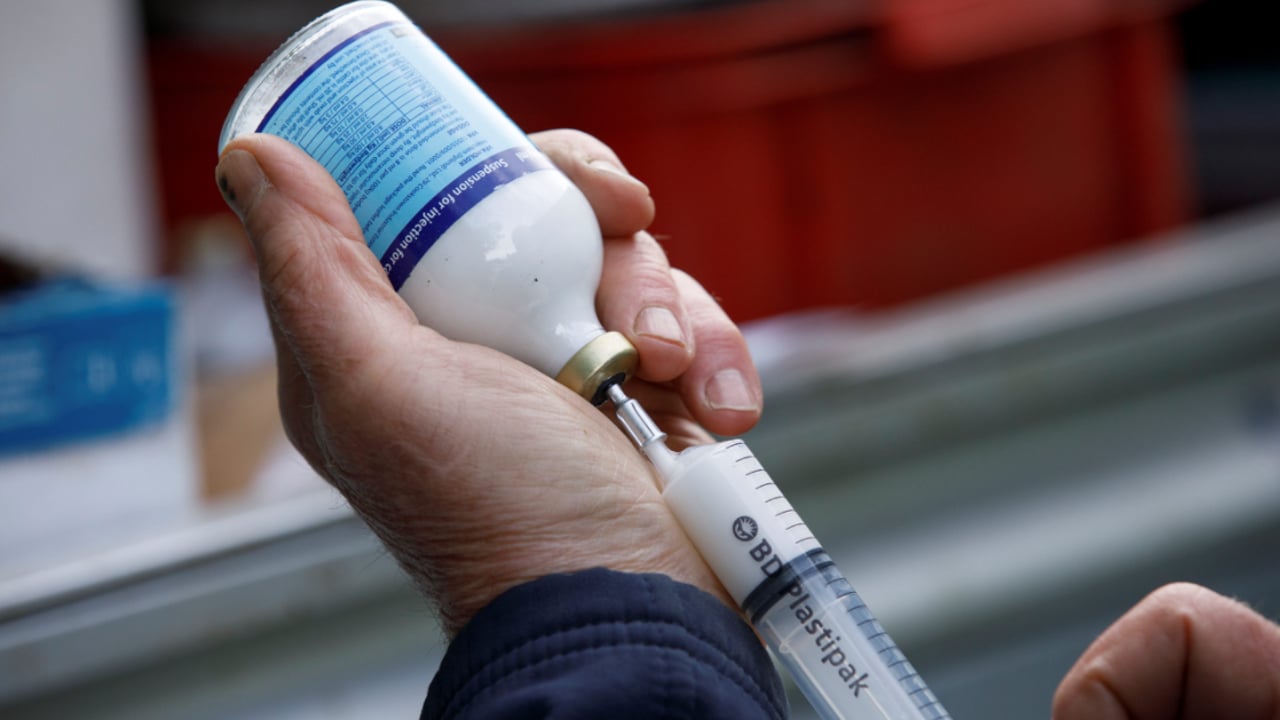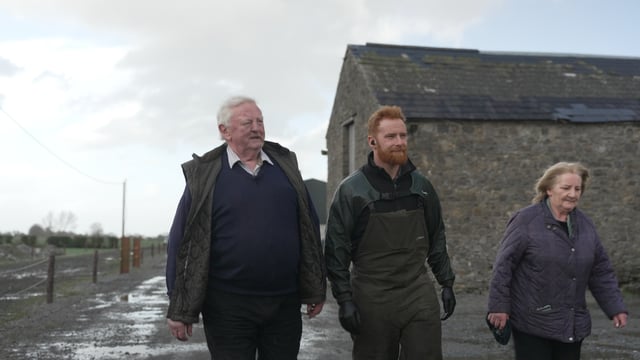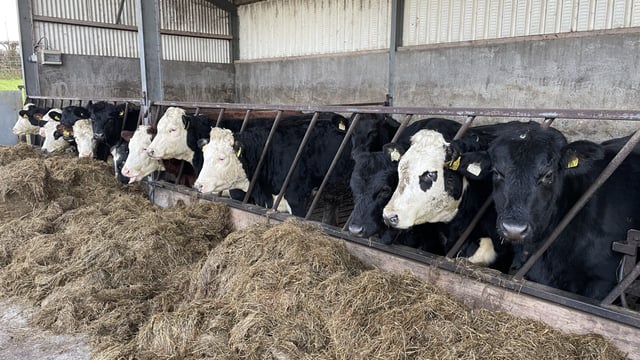BVA outlines EU-UK vet medicine proposals in NI
The British Veterinary Association (BVA) has outlined key issues that it believes should be included in any EU-UK agreement to secure future access to veterinary medicines in Northern Ireland.
The issue is becoming increasingly urgent, the association said, as the post-Brexit grace period extension will conclude at the end of 2025.
The president of the British Veterinary Association President, Elizabeth Mullineaux, said: "Without a solution, there are serious implications not only for animal health and welfare, but also for public health."
Daniel Zeichner MP, Minister of State at the Department of Environment, Food and Rural Affairs (DAERA) spoke at the BVA's annual dinner where he reaffirmed the government’s manifesto commitment to an EU-UK veterinary agreement.
However, the BVA has said that it is critical the government gets the detail right to ensure its success, and moves quickly.
The association stated that the lack of an agreement, and the checks imposed on all goods of animal origin since Brexit, has had a considerable detrimental impact on animal health and welfare.
It also added that the veterinary profession has been put under significant pressure since the introduction of health certifications and physical checks, issuing about one million Export Health Certificates (EHCs) since the checks came into force.
For the long-term, the BVA suggests an EU-UK veterinary agreement based on the principle of dynamic alignment, where parties to a trade agreement maintain equivalent regulatory standards to each other, such as the EU-Switzerland agreement.
A veterinary agreement with the EU is also the best long-term solution to resolve the issue of future access to veterinary medicines in Northern Ireland, but the association said that this is unlikely to be secured before the extended grace period ends in December 2025.
It has proposed short-term solutions and mitigations to resolve the issue while the agreement negotiations continue.
Mullineaux added: “A veterinary agreement with the EU could have an incredibly positive impact on so many different areas of concern, but in particular, could finally lead to a permanent resolution to the long-standing question of future access to vital veterinary medicines in Northern Ireland. "











